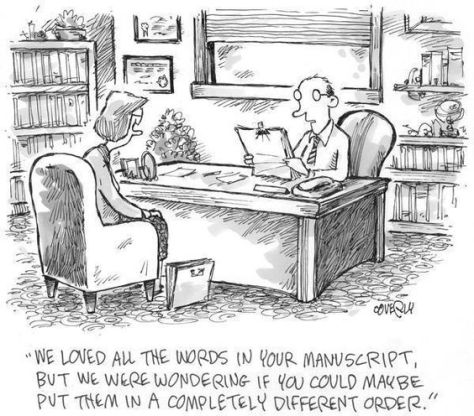It’s recommended by writing gurus, that a cliffhanger teaser at the end of a novel, can generate interest in the next book, which set me to thinking about how a fictional story is organised.
I finished my fifth novel at the end of 2018. I’ve applied the same format to all of my books, a template that makes it easy for me to navigate around where I’ve been and where I’m going.
Aiming for the recommended 80,000 words of my crime genre, I produce an average of 38 chapters that vary in length from 1,800 to 4,000 words. The longer chapters have two or three section breaks—I love section breaks—a great way of suggesting connections in a plot.

I number and name my chapter headings, (Chapter 37—Under the Skin), which may be a bit belt & braces of me, but there’s a method in my eccentricity. The main reason is, to help the reader remember where they are, and also a named chapter acts as a hook to pull them in.
From my experience as a librarian, I know that readers use odd reasons to reject a book…too many pages, too many chapters and chapters that are too long. I’m kind of playing the odds here, for polls of readers show that it’s mainly women who read anyway, and most readers of crime fiction are female, and there are more older readers than young. Hopefully, my anticipated demographic of readers will appreciate me keeping things neat!
I’ve observed from the novels I’ve been reading, that most use numbered chapters, with only a few having titles. Some dispense with chapters completely, and the text is laid out in paragraphs and section breaks. A few separate the story into parts, to describe things from a different point of view or when there’s a chronological gap.
There’s been a trend recently, to have chapters alternate their POV. Gone Girl and Girl On A Train did this with each chapter bearing the name of which character was speaking.

I don’t think that it’s always the author who chooses how to lay out their chapters, as there may be editorial decisions made by the publisher to have the layout conform to a house style.
How do you organise your story?











